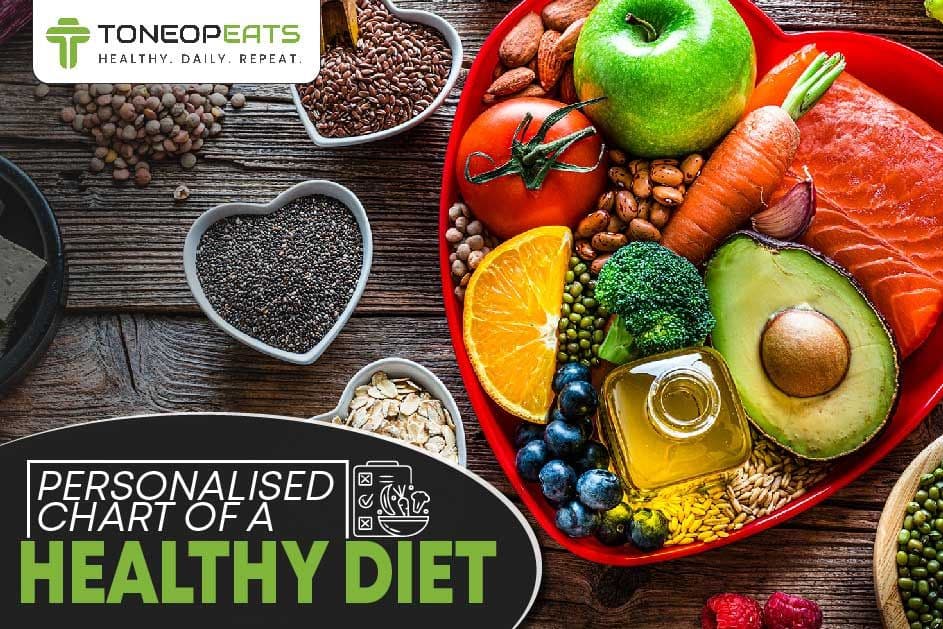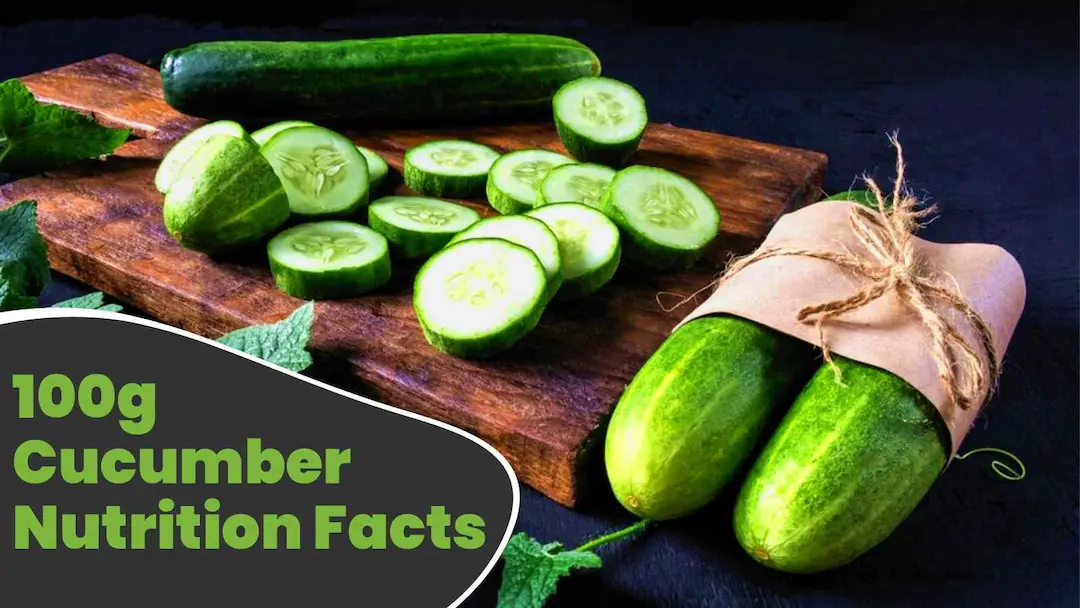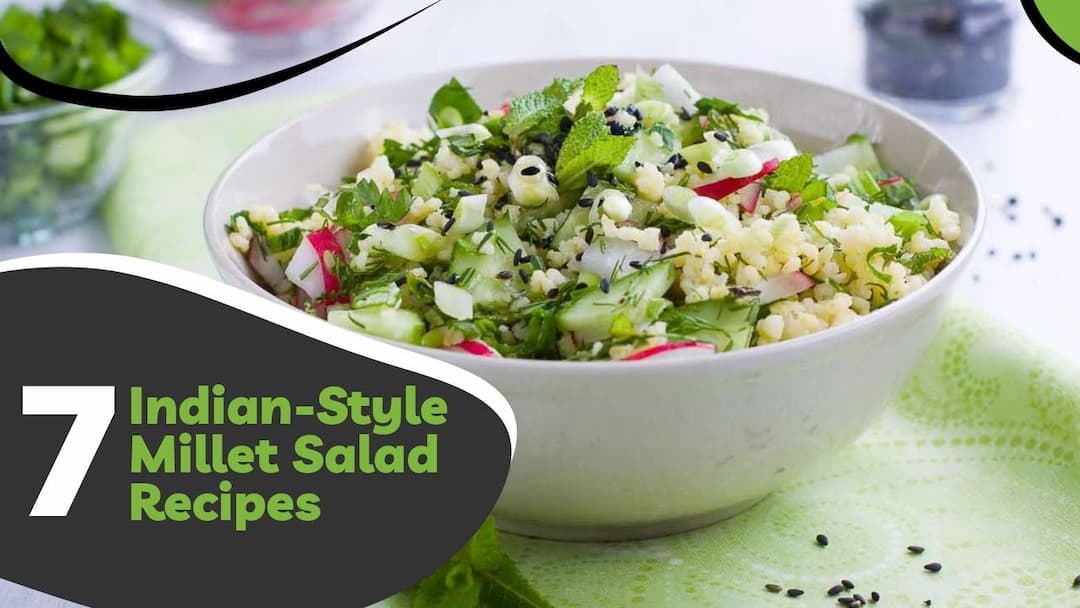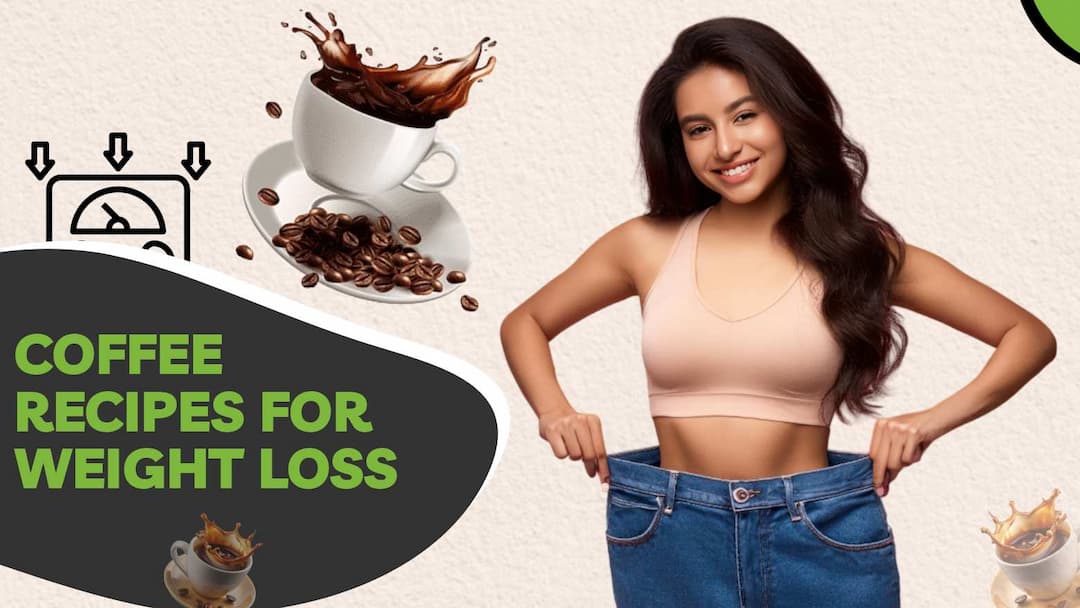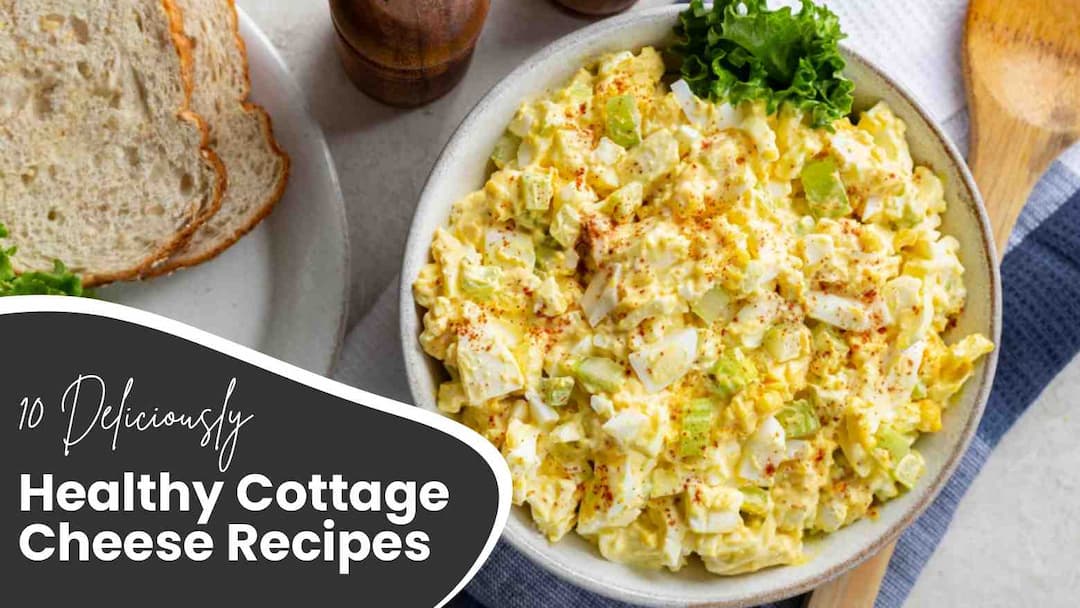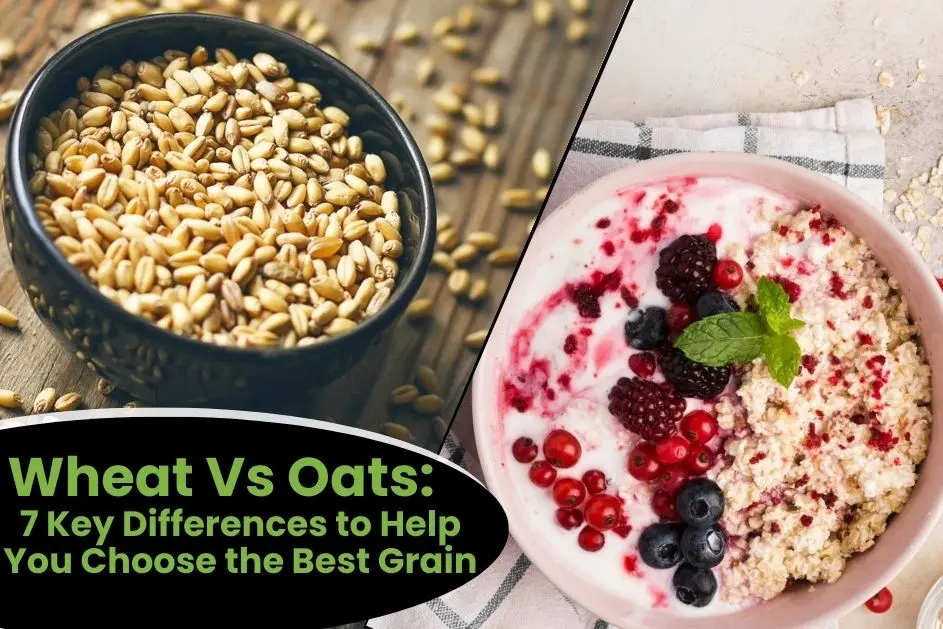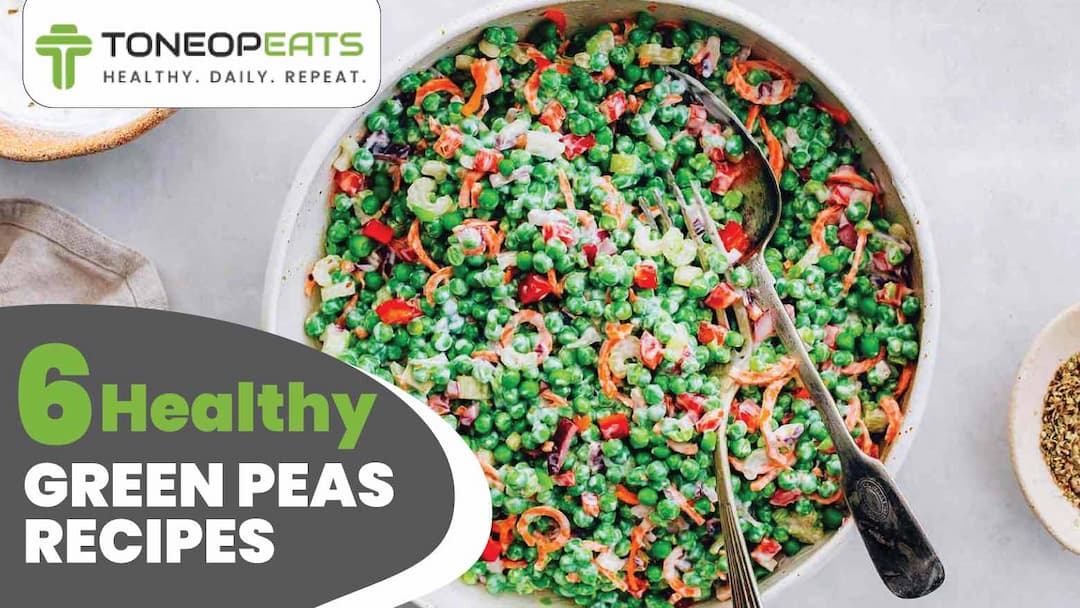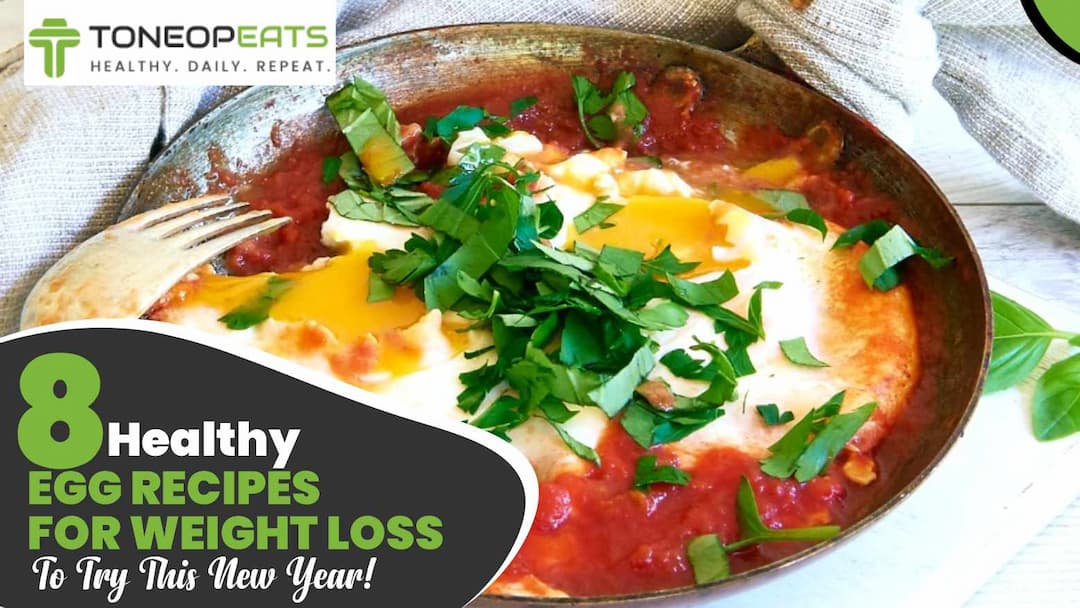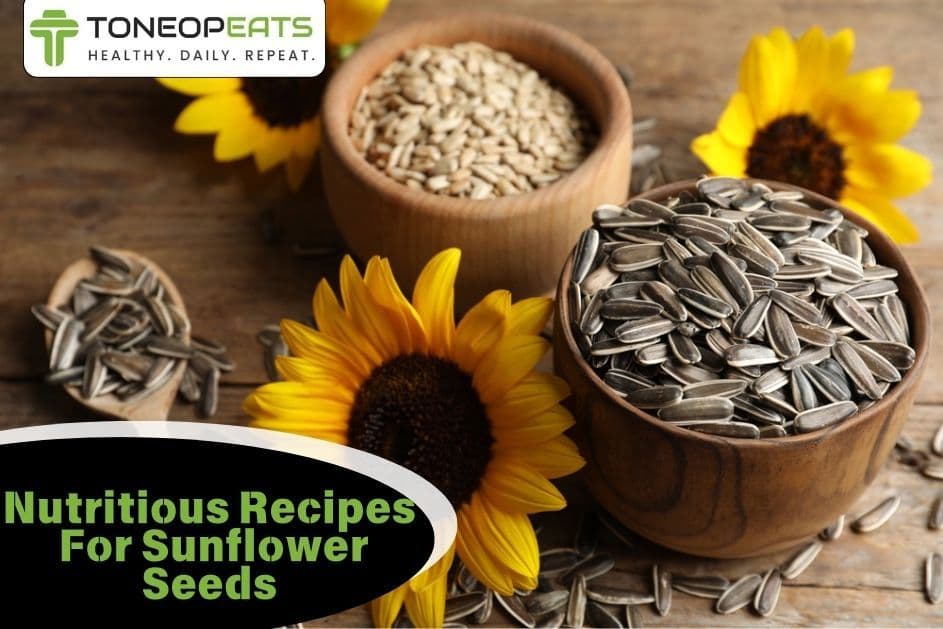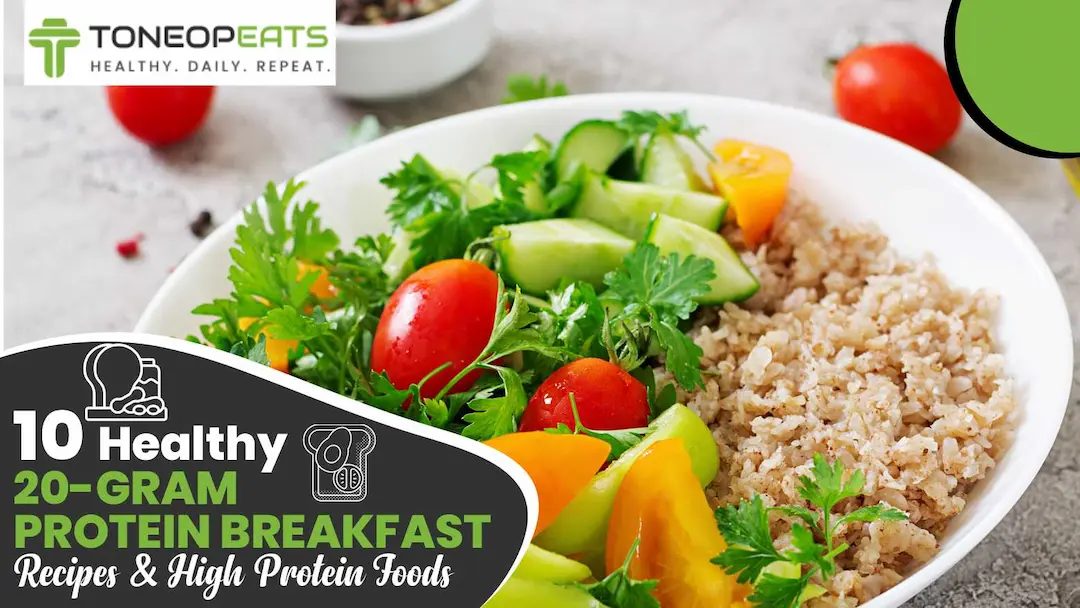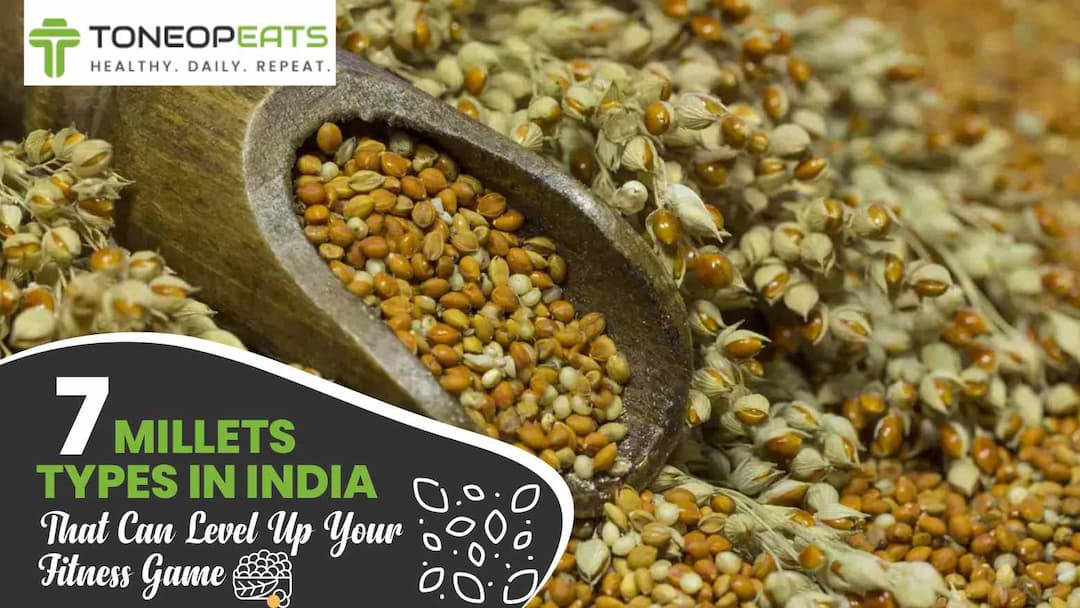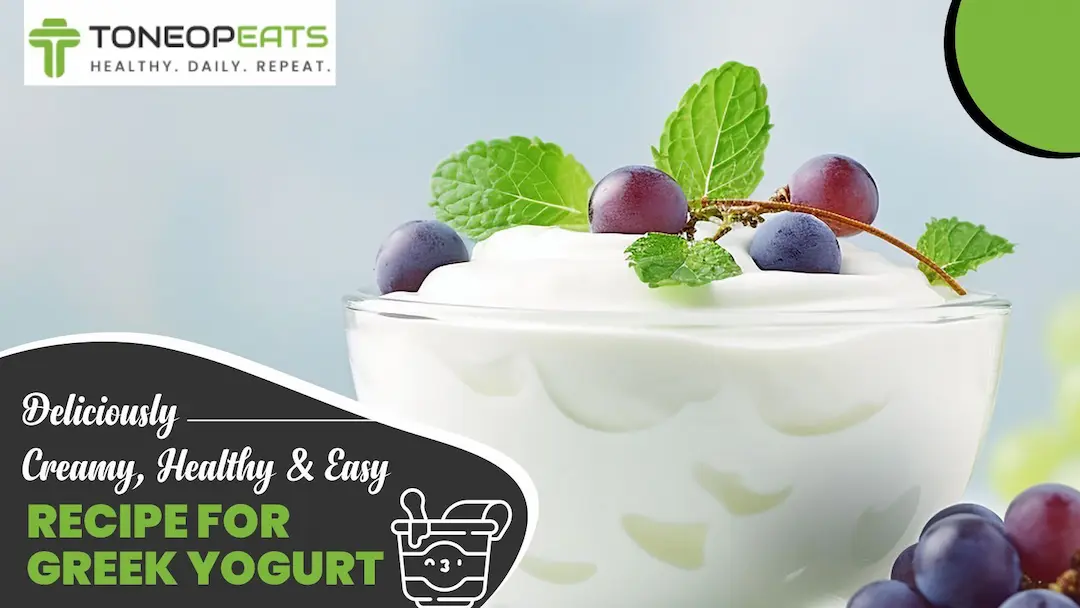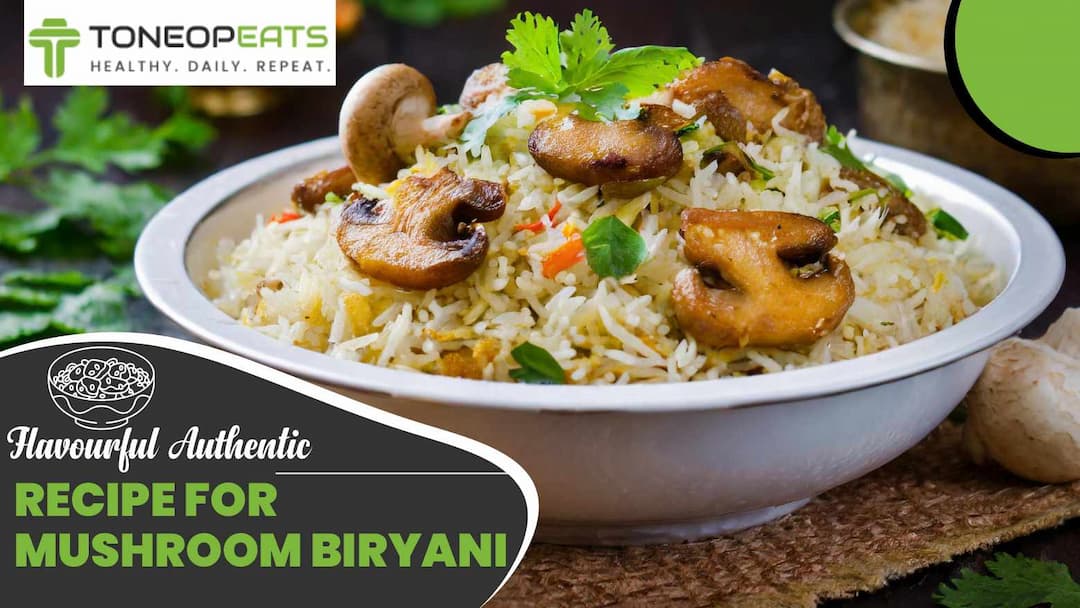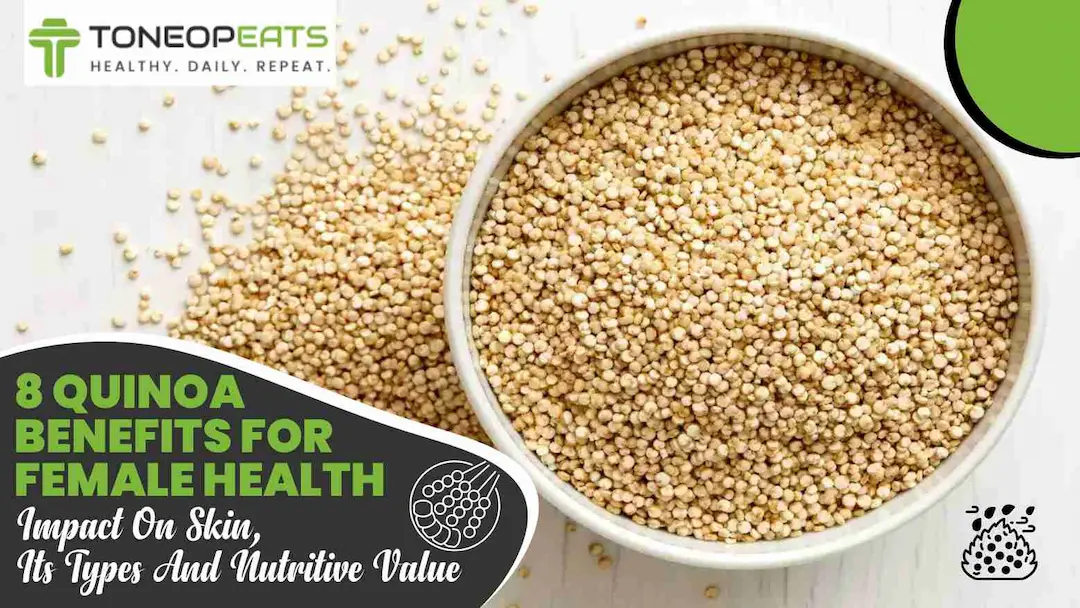Do you want to avoid confusing diet advice and trying to figure out what to eat? Do you find yourself constantly questioning the nutritional value of your meals?
A personalised chart of a healthy diet can be your guide to making informed food choices. It provides a structured plan outlining the balanced diet chart for breakfast, lunch, and dinner, as well as food types and amounts you should consume daily. This balanced nutrition diet chart ensures your body receives the essential nutrients to function optimally, boost energy levels, and maintain a healthy weight. But with varied, overwhelming food choices and conflicting diet trends, it can be confusing to make a chart of a balanced diet personalised to your needs.
This blog provides the essentials of a normal chart for a healthy diet, followed by recommended daily intake for a good diet chart and practical tips for adding these nutrients to your daily meals. Also, get a 7-day diet chart for a normal person by the end. So, keep reading!
Table Of Contents
1. What Is The Per Day Nutrient Profile Of A Healthy Diet?
2. 7-Day Healthy Indian Eating Plan
3. How To Make A Healthy Food Chart?
4. What Is A Normal Diet Chart? 5 Essentials
5. Dietitian’s Recommendation
6. The Final Say
7. FAQs
8. References
What Is The Per Day Nutrient Profile Of A Healthy Diet?
A healthy diet for regular meals is a balanced eating plan that provides all the essential nutrients needed for the body’s healthy functioning. It requires eating the correct macronutrient portions like carbs, proteins, and fats, as well as getting enough vitamins, minerals, and water.
Note these daily recommendations for reference:
Macronutrient | Role | Sources |
Carbohydrates (45-65% of daily calories) | Primary energy source | Whole grains, fruits, vegetables, legumes |
Proteins (10-35% of daily calories) | Muscle repair, enzyme production, immune function | Lean meats, fish, eggs, dairy, beans, lentils, tofu |
Fats (20-35% of daily calories) | Energy, cell structure, nutrient absorption | Avocados, nuts, seeds, olive oil, fatty fish |
Vitamins and Minerals | Immune function, bone health, energy production | Fruits, vegetables, whole grains, lean proteins |
Water | Hydration | Water, herbal teas, water-rich foods |
Also Read: Here Are 10 Wholesome & Healthy Snacks For Kids To Enjoy Any Time!
7-Day Healthy Indian Eating Plan
Note this 7-day healthy eating plan for reference, including nutritious options with portions:
1. Sunday Chart Of A Healthy Diet
Meal | Food |
Breakfast | Aaloo paratha (2) + raita (1 cup) |
Mid-Meal | Fruit salad (1 cup) + tender fresh coconut water (1 glass) |
Lunch | 1 Cup moong dal + 1 cup cooked bhindi + 2 chapati + salad |
Evening | Tea/coffee (1 cup) + boiled chana chat snack (1 cup) |
Dinner | Chapati (2) + jeera aloo (1 cup) |
2. Monday Chart Of A Healthy Diet
Meal | Food |
Breakfast | 1 Whole grain vegetable sandwich with 1 glass of milk |
Mid-Meal | Fruit salad (1 cup) + tender fresh coconut water (1 glass) |
Lunch | 1 cup rajma + 1 cup gobi aloo + 1 cup cucumber raita + 2 chapatti + onion salad |
Evening | Tea/coffee (1 cup) + roasted makhana (1 cup) |
Dinner | 1 medium bowl mix vegetable dal khichdi with kadhi (1 medium bowl) |
3. Tuesday Chart Of A Healthy Diet
Meal | Food |
Breakfast | Cheela (2) + raita (1 cup) |
Mid-Meal | Fruit salad (1 cup) + tender fresh coconut water (1 glass) |
Lunch | 1 cup cooked chicken curry + 1 cup boiled rice + 1 big bowl salad |
Evening | Tea/coffee (1 cup) + mung chat (1 medium bowl) |
Dinner | Chapati (2) + fish curry (1 cup) with 1 bowl of green salad |
4. Wednesday Chart Of A Healthy Diet
Meal | Food |
Breakfast | Veg poha (1 cup) with 1 cup of tea with less sugar |
Mid-Meal | Fruit salad (1 cup) + tender fresh coconut water (1 glass) |
Lunch | 1 cup white chana + palak paneer + 1 jowar roti thick with 1 bowl salad |
Evening | Tea/coffee (1 cup) + healthy murmure chat (1 cup) |
Dinner | 1 big ragi vegetable dosa with 1 bowl of sambar |
5. Thursday Chart Of A Healthy Diet
Meal | Food |
Breakfast | Aloo paratha (2) + raita (1 cup) |
Mid-Meal | 5 almonds and 5 pieces of walnuts |
Lunch | 1 cup soybean curry + 1 cup tinda vegetable + 2 chapatti + salad |
Evening | Tea/coffee (1 cup) + boiled chana chat (1 cup) |
Dinner | 2 big besan chilla with garlic and green chutney (1 tsp) |
6. Friday Chart Of A Healthy Diet
Meal | Food |
Breakfast | 1 medium bowl of milk and oats with almonds |
Mid-Meal | Fruit salad (1 bowl) |
Lunch | 1 medium bowl of cowpea sabji and 1 bajra roti with 1 bowl of vegetable paneer salad |
Evening | 2 khakhra with 1 cup of green tea |
Dinner | 7-8 pieces dhokla with 1 bowl of curd and green chutney (1 tbsp) |
7. Saturday Chart Of A Healthy Diet
Meal | Food |
Breakfast | Veg upma (1 cup) + 1 glass of milk |
Mid-Meal | 1 tbsp mixed seeds and a handful of mixed nuts |
Lunch | 1 cup paneer curry + 1 cup rice + salad |
Evening | Tea/Coffee (1 cup) + 1 small bowl of roasted chana |
Dinner | 1 bowl masala oats with 1 glass buttermilk |
Also Read: Is Cold Coffee Good For You? Here Are Some Insights That Can Help You Get Your Answers!
How To Make A Healthy Food Chart?
Creating a food chart of a healthy diet involves careful planning to ensure a balanced daily intake of nutrients, including macronutrients and micronutrients. Consider these steps to make a healthy food chart:
1. Determine Your Daily Caloric Needs
You can use online calorie calculators or consult a dietitian to calculate your daily calorie requirements based on age, gender, weight, height, and activity level.
2. Divide Macronutrients
- Carbohydrates (45-65%): For a 2000-calorie diet, 900-1300 calories should come from carbohydrates.
- Proteins (10-35%): For a 2000-calorie diet, 200-700 calories should come from proteins.
- Fats (20-35%): For a 2000-calorie diet, 400-700 calories should come from fats.
3. Choose Nutrient-Dense Foods
- Carbohydrates: Include whole grains (brown rice, oats, quinoa), fruits (berries, apples), vegetables (leafy greens, carrots), and legumes (beans, lentils).
- Proteins: Incorporate lean meats (chicken, turkey), fish, eggs, dairy products (milk, yoghurt), and plant-based proteins (tofu, nuts, seeds).
- Fats: Opt for healthy fats from avocados, nuts, fresh seeds, olive oil, and fatty fish (salmon, mackerel).
Also Read: How Is Prebiotic And Probiotic Different? Understand Their Uses For Digestion, Immunity & More!
4. Include Micronutrients
Ensure a variety of foods to meet your vitamin and mineral needs. For example:
- Vitamin C: Oranges, strawberries.
- Iron and Calcium: Spinach, broccoli.
5. Plan Meals And Snacks
- Three Main Meals: Structure your day into breakfast, lunch, and dinner, ensuring each meal includes a combination of carbohydrates, proteins, and fats.
- Snacks: To keep your energy levels balanced, include 1-2 healthy snacks between meals, such as fruit, nuts, or yoghurt.
6. Hydration
Drink enough water throughout the day to ensure adequate hydration. Men should aim for about 3.7 litres, and women for about 2.7 litres, including water from beverages and food sources.
7. Adjust Portions And Varieties
- Personal Preferences: Adjust portion sizes based on your caloric needs and preferences.
- Variety: Include diverse foods to prevent dietary monotony and meet all nutrient needs.
Also Read: 7 Benefits Of Drinking Protein Shake Before Sleep For Muscle Growth And Better Rest!
What Is A Normal Diet Chart? 5 Essentials

A normal diet chart outlines a structured plan, including the types and calculated quantities of food consumed daily to maintain good health. It focuses on creating a balanced intake of macronutrients (carbohydrates, proteins, fats) plus micronutrients (vitamins and minerals). This diet chart ensures that an individual gets all the essential nutrients needed for proper body functioning.
Let’s discuss these essentials to include in your personalised normal chart of a healthy diet:
1. Carbohydrates
These are the primary fuel for the body, ideally constituting 45-65% of daily caloric intake. Sources consist of whole grains, fruits, vegetables, and legumes. Whole grains are better because they contain a high amount of fibre, which helps with digestion and makes you feel full for longer.
2. Proteins
It helps tissue construction and repair, enzyme and hormone production, and immune system support. They should account for 10-35% of daily calories. Lean meats, fish, eggs, dairy products, beans, and nuts are excellent protein sources.
Also Read: What Is Lean Protein? Know 11 Foods, Sources, Benefits And Guidelines!
3. Healthy Fats
These are necessary for energy, cell growth, and nutrient absorption. Healthy fats, such as avocados, nuts, fresh seeds, and olive oil, should comprise 20-35% of daily calories. It's important to limit saturated fats and avoid trans fats found in many processed foods.
4. Vitamins And Minerals
They help in maintaining health. For instance, vitamin C boosts immunity, vitamin D strengthens bones, and iron is essential for blood oxygenation. A varied diet rich in fruits, vegetables, fresh whole grains, and lean proteins helps meet these nutrient needs.
5. Water Intake
Hydration is also a key component, with a recommended daily water intake of about 3.7 litres for men and 2.7 litres for women, including all beverages and food sources.
Notes For Meal Planning:
- A typical diet chart includes three main meals (breakfast, lunch, timely dinner) and one to two snacks. Each meal should incorporate a balance of carbohydrates, proteins, and fats.
- For instance, a healthy breakfast might include whole-grain toast, eggs, fruit, and a glass of water or herbal tea.
- Remember, it's advisable to consult a healthcare professional or registered dietitian to create a personalised diet plan that aligns with your specific goals and health conditions.
Also Read: Refreshing 12 Best Healthy Lunchbox Ideas For Nutritious Meal Times!
Dietitian’s Recommendation
I recommended opting for a chart of a healthy diet focusing on balance, fresh variety, and portion control. Prioritise whole foods, which are colourful vegetables, lean proteins like fish and legumes, whole grains, and healthy fats like nuts and olive oil. Incorporate nearly five servings of fruits and freshly cooked vegetables daily. Stay hydrated with water and limit processed foods and added sugars.
Tailor the chart to individual needs, considering age, activity level, and health goals. Plan meals and snacks to ensure consistent nutrient intake, aiming for three balanced meals and 1-2 snacks daily to support sustained energy and optimal health.
Dt. Akshata Gandevikar
The Final Say
Ultimately, the personalised chart of a healthy diet is an invaluable way to achieve balanced nutrition and maintain optimal health. So, carefully include food groups in appropriate portions to add essential macronutrients, vitamins, and minerals. This structured approach rightly aids in meeting daily nutritional needs while promoting sustained energy and improved immunity for a chart of healthy habits.
So, try these meal planning and mindful eating to enhance the effectiveness of your tailored chart of a healthy diet for a nutritious way of living.
FAQs
1. Can a balanced, healthy diet chart help with weight loss?
Absolutely! A healthy diet chart can aid weight loss by promoting balanced nutrition, portion control, and consistent meal timing. It helps prevent overeating and supports healthy, sustainable weight management.
2. How can you ensure variety in a chart for a balanced diet?
To ensure variety, include a wide range of fruits, vegetables, fresh whole grains, lean proteins, and healthy fats. Rotate different foods and try new recipes to prevent dietary monotony and meet nutrient needs.
3. Can a daily routine balanced diet chart be customised?
Definitely! A healthy diet chart can be customised to individual needs, considering factors like age, gender, activity level, health goals, and dietary preferences, ensuring it meets specific nutritional requirements.
4. How many meals should a healthy diet chart for Indians have?
A chart of a healthy diet eventually includes three main timely meals (breakfast, lunch, and dinner) and 1-2 snacks. This design guarantees a steady flow of nutrients and aids in sustaining energy levels all day.
5. How do you create a food chart for a healthy diet?
To create a healthy diet chart, determine your daily caloric needs, divide calories among macronutrients, select healthy food sources, include a variety of fruits and vegetables, and plan balanced meals and snacks.
References
- https://www.maxhealthcare.in/blogs/what-is-a-balanced-diet
- https://rgkarmch.org/icmr-diet-chart/
- https://www.nhs.uk/live-well/eat-well/how-to-eat-a-balanced-diet/eating-a-balanced-diet/#:~:text=eat%20at%20least%205%20portions,eggs%2C%20meat%20and%20other%20protein
- https://www.who.int/news-room/fact-sheets/detail/healthy-diet
About ToneOp Eats
ToneOp Eats is your go-to health kitchen, delivering nourishing meals in Bhopal, Indore & Bangalore. The meals are prepared with strategically planned nutrition and portions for your health goal. With just three simple steps, you can subscribe to a meal plan for weight loss, muscle gain, or balanced diet goals. Experience the perfect blend of taste and wellness in our nutrient-dense and calorie-counted range of meals, including protein-rich grills and meal bowls, full of fibre salads & smoothies, workout-friendly protein 30,40,50 meals and refreshing juices.







